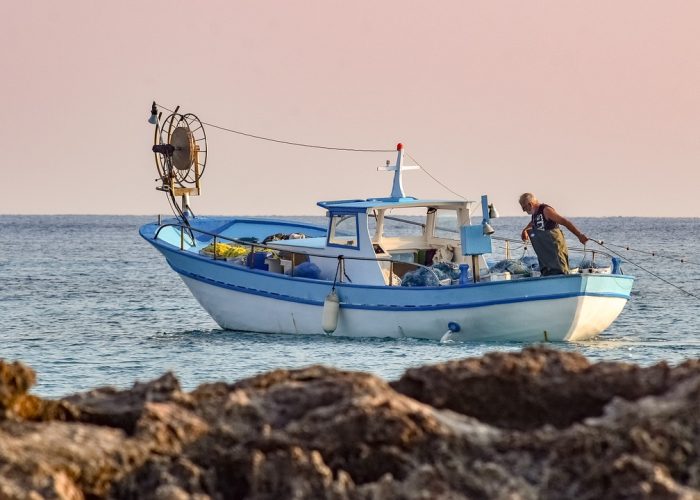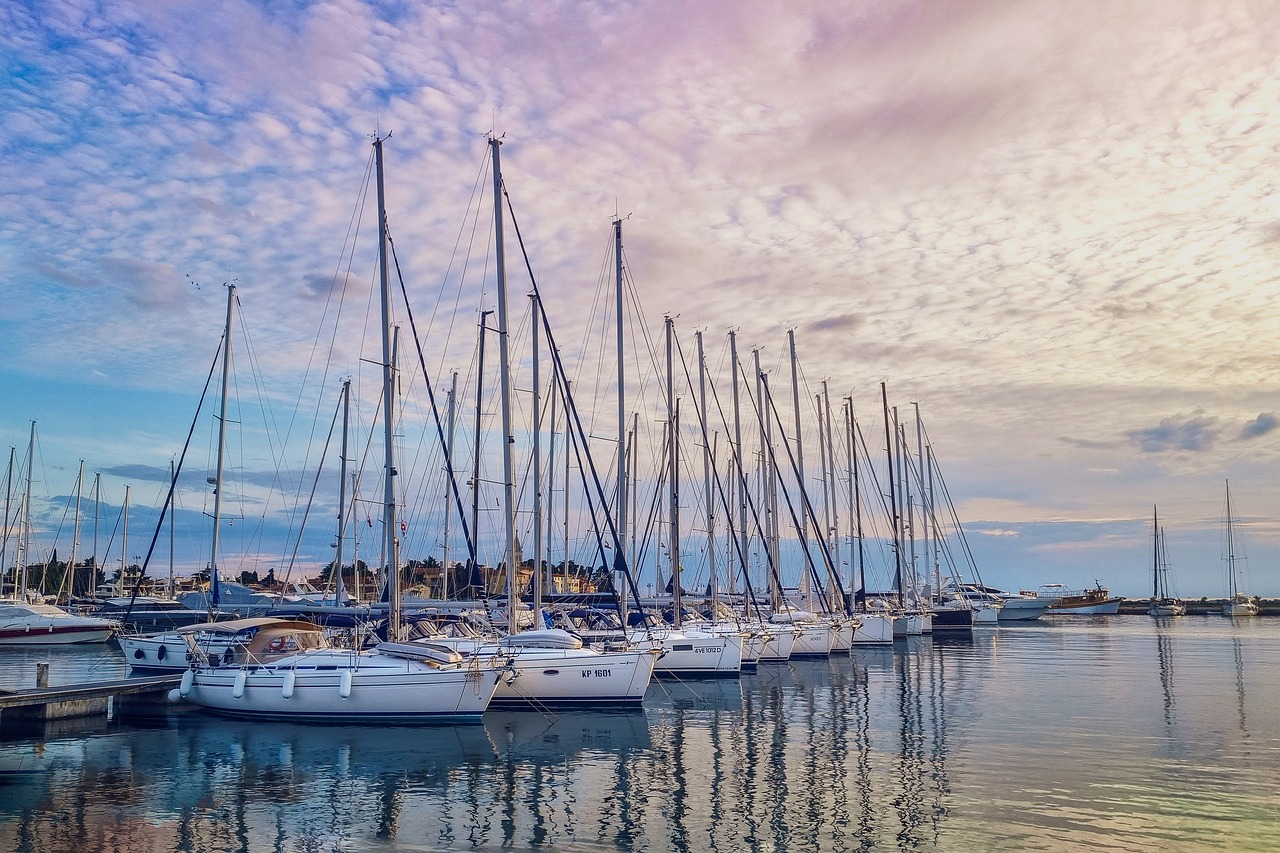Fishing and Recreational Gear
If you enjoy fishing, consider adding rod holders to your boat to keep fishing rods secure and out of the way. Rod holders free up your hands while trolling and can be adjusted to various angles. Additionally, tackle storage systems keep all your fishing equipment organized and easily accessible.
For those interested in water sports, bringing along gear such as water skis, wakeboards, and tubes adds a fun dimension to your boating adventures. Many boats have dedicated storage for water sports gear, but be sure to check weight limits and space before purchasing large equipment.




